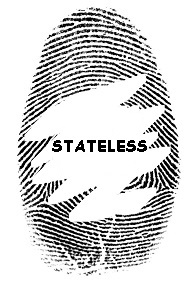Facebook was created as a place where ordinary people who are divided by space and place can network together online, finding like-minded communities and reaching out to one another. It was supposed to be beautiful, man. And it is, sometimes. Just not if you're a refugee. If you're a refugee, Facebook has turned into yet another place you can go for censorship and abuse. Because nothing amplifies persecution like having it spread all over social media.
Refugees and immigrants had a terrible year. Globally, protection spaces are shrinking and hostility is rising across the world as more and more people need assistance and a safe place to live. Social media was supposed to help vulnerable people like refugees find one another, link up into networks and access information about services. At least, that seemed to be a realistic goal for social media as a tool for social activism. The reality is that nation-states with axes to grind against individuals can now use social media as a tool to extend the long arm of persecution around the world, as long as the price is right.
At the same time that Facebook is testifying before the US Congress about selling divisive, racist, anti-immigrant and anti-refugee ads in the US, Rohingya activists have argued that Facebook is censoring groups trying to document violence in the Rakine state for "violating community standards." It is unclear what Facebook means by this phrase.
Apparently, Facebook's policy is to promote content that earns money for Facebook and remove content that does not. As refugees usually don't have a lot of money and can't fake-generate a lot of fake-"likes" to drive advertising, this means that the Facebook world is starting to look more and more like the real world for refugees: a place where refugee voices are silenced. Money talks, and persecutors, not victims, usually have all the money.

No comments:
Post a Comment